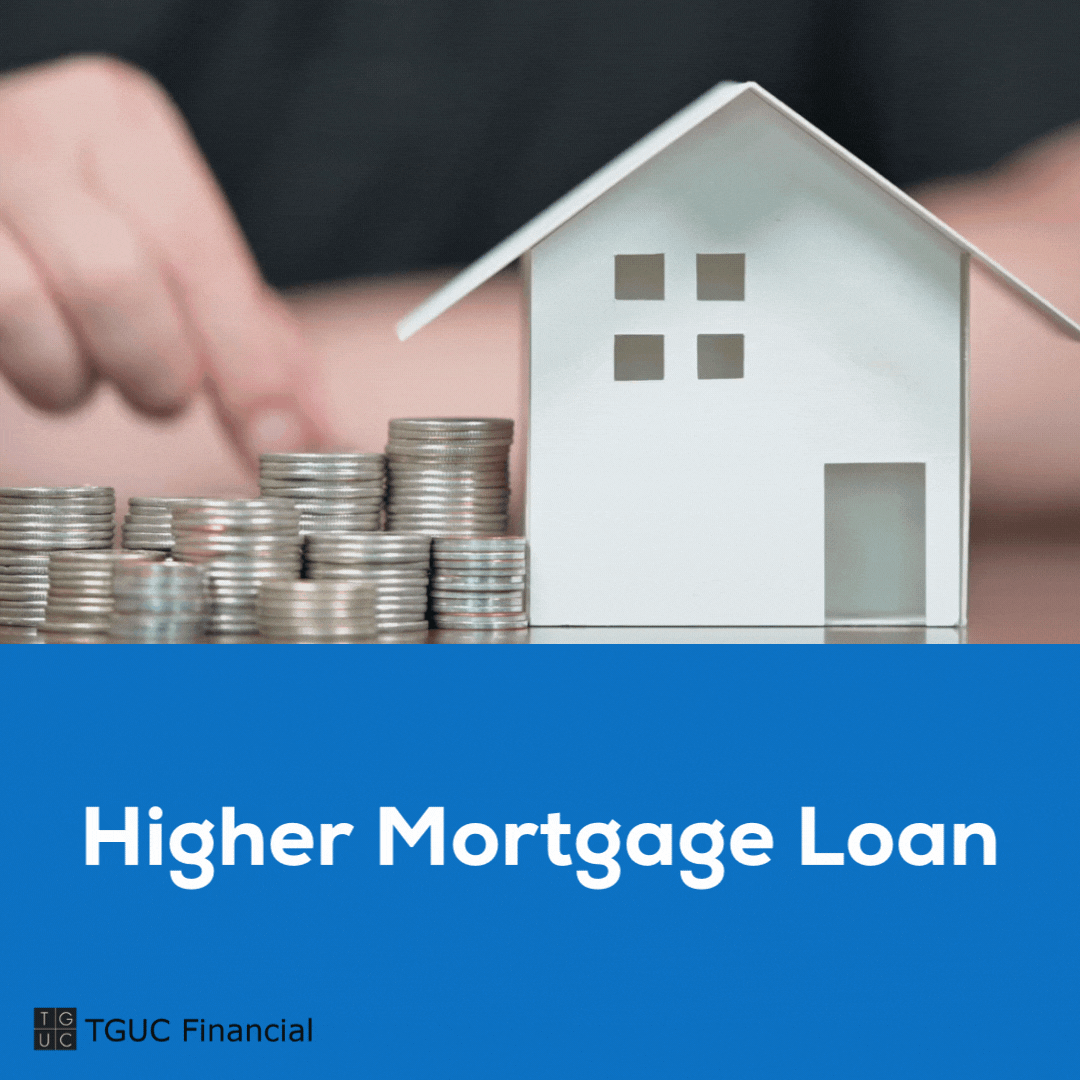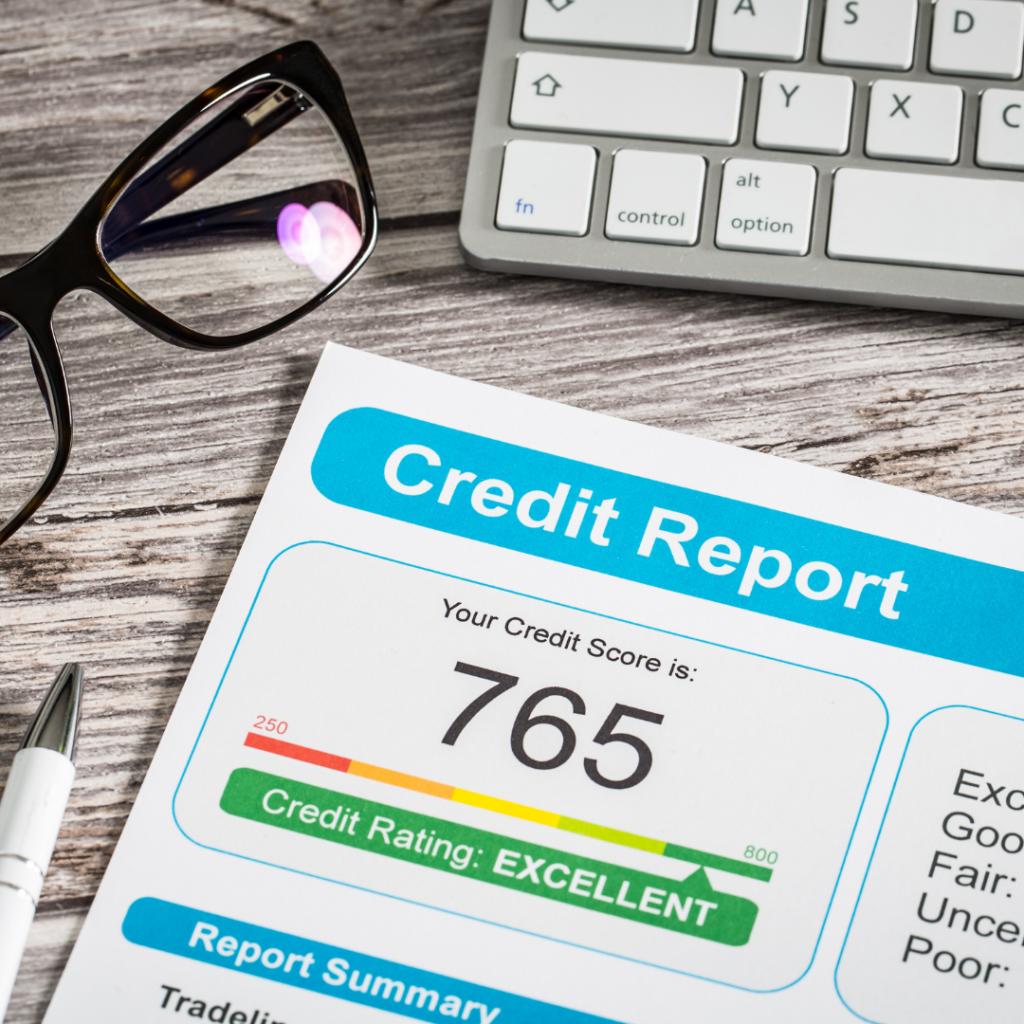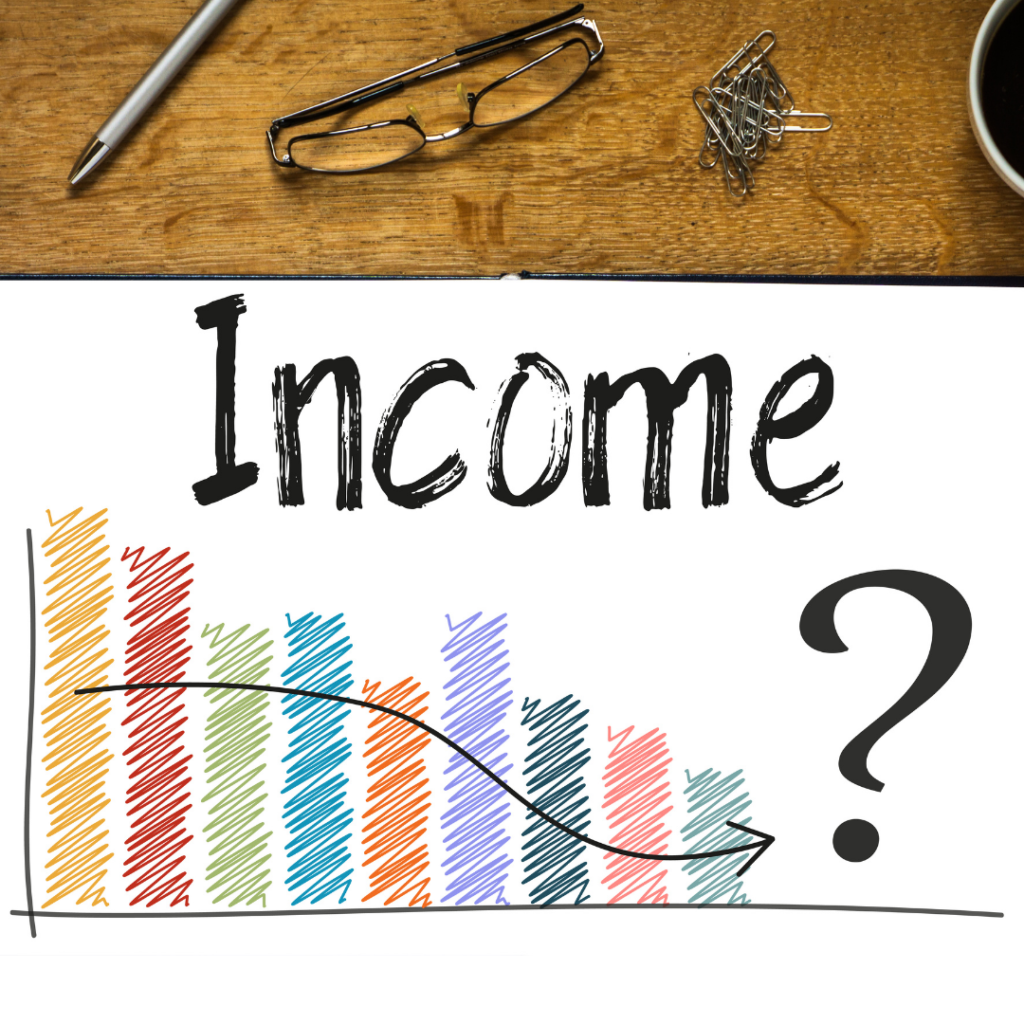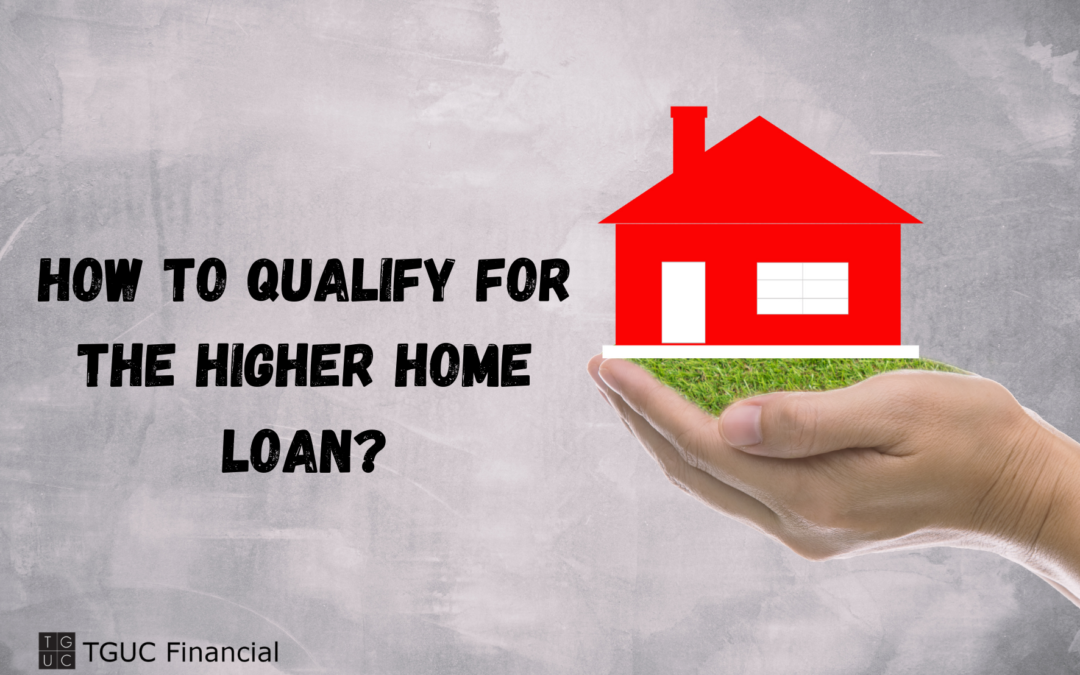‘How to qualify for the higher home loan?’ Every homeowner has this question while borrowing money for home improvements. Whether you are buying your house or remodeling it, you have to choose the best financing option to increase the value of your home.
“If you can’t buy it, just fix it!”
Homeowners have a wide range of financing options such as borrowing a personal home improvement loan, mortgage loan, FHA loans, equity loans, and cash-out refinancing options.
Before applying for financing options, prudent homeowners check the requirements to qualify for a higher home loan. In this article, let us look primarily into the requirements to qualify for a higher mortgage loan for home improvements.
How to Get a Higher Mortgage Loan

The mortgage loans will allow homeowners to borrow the amount by making their assets as collateral. Homeowners will be able to borrow the higher mortgage loan for both purchasing a home and making the improvements. To qualify for a mortgage loan, homeowners should have a great equity percentage. The mortgage payments are divided into principal and interest.
The asset of the homeowners will secure the mortgage payment. To get a higher mortgage amount, homeowners should qualify for certain requirements. Let us take a tour of the mortgage loans and the requirements to get approved for a larger mortgage.
5 Ways to Get a Higher Home Loan
1. Have excellent credit
To get a home improvement loan with a lower interest rate, the homeowner should have a higher credit score. If homeowners have lower credit scores, they might not qualify for the higher mortgage loans.

Mostly, a homeowner should have a minimum 700 credit score to qualify for a higher mortgage loan. The credit score will represent your credit history and how you as a homeowner will have handled your debts to lenders. Nevertheless, credit score requirements vary for every financing option. The above requirement of 700 is for the mortgage loan. If you are applying for other financing options, here are the credit score requirements:
- Personal Home Improvement Loan – Low credit score to 700 (varies for every lender)
- FHA loans(Federal Housing Administration) – A homeowner should have a 620 credit score or above.
- Home Equity Line of Credit(HELOC) – Homeowners should obtain a 700 credit score to maximum.
- Cash-out Refinancing – Credit score from 620 to maximum.
- VA Loans(Veterans Affairs) – Credit score from 580 to 620.
2. Income Verification

Income verification is one of the requirements to get approved for a mortgage. The loan lenders will check the gross monthly income to qualify you for a higher mortgage.
If a homeowner doesn’t have a higher income source from their salary, they can show their other income sources to qualify for the loan. The income sources should be reliable to qualify for the loans. Homeowners can submit the record of the income from a rental property, part-time job, and income from investments.
3.Have collateral or Equity Percentage
To get approved for higher home equity loans, a homeowner should have a good equity percentage. Home equity loans are borrowed against the property and equity loan lenders will make the home as collateral.
Depending on the financial history, a homeowner will be able to get up to 80% of the total home value.
- HELOC(Home Equity Line of Credit) and Home Equity Loans – Minimum 15% to 20% of equity percentage.
- Cash-out Refinance – Homeowners should at least have a 20% equity percentage.
4. Check Your Debts
Maintaining a debt-to-income ratio of less than 30 will qualify you for mortgage loans easily. The lenders will divide the monthly debts of homeowners with their monthly income source.
If a homeowner has a higher debt-to-income ratio, they might not qualify for the higher home improvement loans. Homeowners can also reduce the credit card balances to reduce the debt to income ratio.
5. Have a Lot of Money in Bank
Homeowners should show their additional assets to get approved for a mortgage loan. Any assets you have in the bank and large investments will help you get qualified for the higher home improvement loans.
The online lenders will understand if your income source gets suddenly stopped, you will pay for your mortgage payments with the additional assets. The home improvement loan lender will offer you a higher mortgage loan by calculating the additional assets.
Alternative for Mortgage Loans – 3 Financing Options
Homeowners have several financing options other than mortgage loans. If homeowners don’t have an equity percentage to borrow a home improvement loan, they will have options like an FHA loan, grant programs, credit card financing, and personal home improvement loans. Let us look into the requirements of these financing options for home improvements.
Personal Home Improvement Loan
Personal home improvement is an unsecured financing option that offers loans to people without equity percentage. Qualifying for a personal home improvement loan is not a difficult process.
Homeowners will also be able to spend money on both minor and major renovations if they borrow a personal home improvement loan. Some personal home loans might ask for an excellent credit score since it doesn’t make your home collateral. But, TGUC Financial will offer you the loan amount with a low credit score and no equity percentage. A homeowner should submit their income certificate for verification without any strict requirements.
FHA Loans
FHA loans by the Federal Housing Administration will qualify you for the home improvement projects with less credit score. A homeowner doesn’t need to have an excellent credit score to qualify for FHA home improvement loans. Here are the requirements to qualify for a Federal Housing Administration loan,
- The property that a homeowner is planning to renovate the home, the property should own the property or a long-term lender.
- The debt to income ratio should not be more than 30%.
- If a homeowner is borrowing FHA loans for a specific renovation, the loan should be used for that purpose alone. The homeowners should not spend the loan for any other purposes.
Grant Programs
The Federal Government also gives various other loan programs to spend loan amounts on renovations. The requirements of grant programs will be based on the income of the homeowners. Some of the grant programs for home improvements in the USA are,
- Native American Housing Improvement Program.
- Section 504 Home Repair Program.
- Area Agency on Aging.
- VA Housing Grant.
To qualify for the grant programs, homeowners should submit a record of their income source.
Credit Card Financing
Homeowners will also use a credit card for home improvement financing. If you want to do minor repairs at your home, you can use credit cards for managing finance.
Paying with credit cards is an easy and efficient way, but if you are planning to do large renovations, credit cards will not be a suitable financing option. Also, homeowners have to deal with the APR percentage if they miss credit card payments.
Final Word
While renovating the home, homeowners should choose the financing option that doesn’t have strict requirements. If you have a good equity percentage and are ready to qualify the requirements, you can choose a mortgage payment option.
On the other hand, a personal home improvement loan is one of the flexible financing options for home improvements. Homeowners don’t have to worry about strict requirements in the personal home improvement loan compared to the other financing options.
Suggested Reads
- Home Improvement License: All You Need to Know
- What is an Unsecured Home Improvement Loan?
- Home Improvement Loans for Senior Citizens
- 10 Tips to Get Affordable Personal Loan for Home Improvement
- Loans vs Grants for Home Improvement: Which is Best?
- Kitchen Remodel Financing: Comparing Loan Options
Frequently Asked Questions
1. What mortgage loan can I get approved for?
If you have a good equity percentage, you will be able to borrow the home equity loan and HELOC (Home Equity Line of Credit).
2. Can I increase my pre-approval amount?
Financing options like HELOC(Home Equity Line of Credit) have fluctuating interest rates. If a homeowner borrows a home equity line of credit, the pre-approval amount will increase with the fluctuating interest rates.
3. How much income is needed for a 200K mortgage?
A homeowner should have an income of around $55,000 to $65,000 to borrow a 200k mortgage loan.
4. What is private mortgage insurance?
Private mortgage insurance is for the homeowners who borrow conventional mortgage loans. The private mortgage insurance amount will help the lenders if homeowners don’t make the payments.

